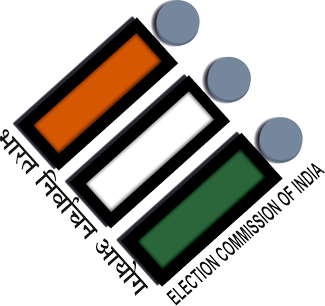

By Linus Garg
First publised on 2021-03-13 02:51:31
Are state governments ignorant of laws (in which case it needs to be examined what their law officers and legal advisors are doing) or do they try to test the patience of the Supreme Court in doing things that are not allowed? In an incomprehensible and controversial move, the Goa government appointed its law secretary as the state Election Commissioner by giving him additional charge of the same. No serving government officer can be appointed election commissioner as per law. Ironically, it was the law secretary himself who was appointed and it was his duty to point out to the government that this was not as per law.
The Supreme Court has come down heavily on the Goa government for this act. The court said that such appointments "made a mockery of the constitutional mandate that state ECs must be truly independent bodies". The court used the powers granted to it under Article 142 of the Constitution to bar all state governments from appointing any serving bureaucrat as ad hoc state election commissioner.
With the office of the Election Commissioner facing charges of bias (most recently when the central Election Commission decided to hold West Bengal elections in eight phases and the TMC alleged that this decision was taken at the behest of the BJP), it is absolutely necessary that the body not only remains independent but is seen to be so. If serving bureaucrats are appointed as state election commissioners, they would be open to bias and charges of bias. There will also be a good chance that they will serve to further the interests of the ruling party. This situation cannot be allowed to exist.
The Supreme Court has done well to use its special powers and put a stop to this practice. In a democracy, it is necessary that elections are held in a free and fair manner so that a legitimate government can rule without tension. If the Election Commission is not independent, the elections might be manipulated and the government will lose its legitimacy. Hence, it is in the interest of the nation to have an independent EC that is not open to pressure from the ruling party, whether at the Centre or in the states.











